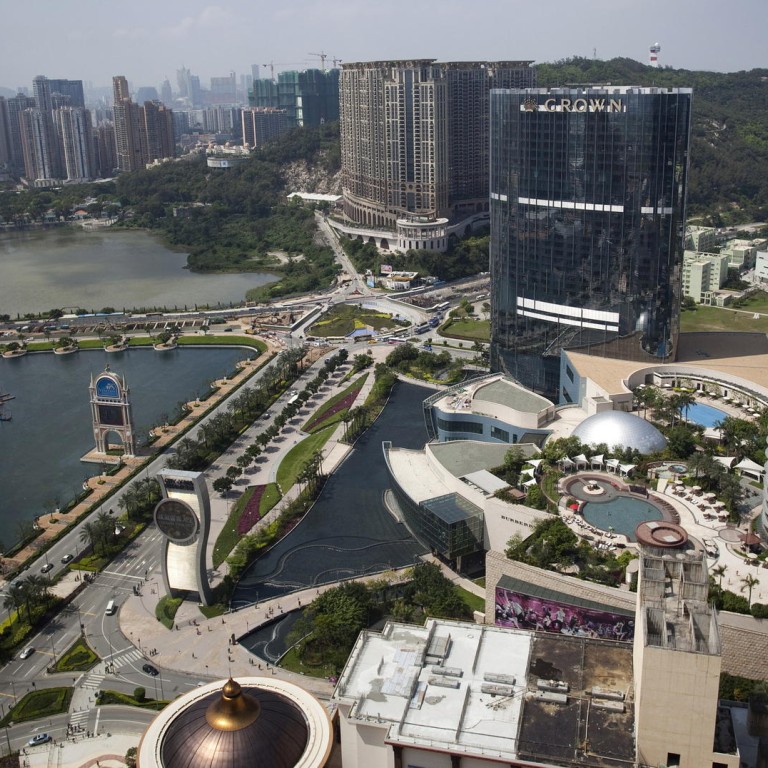
Share buy-backs decline in Hong Kong after five years of boom
Share repurchases fall sharply, indicating the city's market is fully valued after cheap debt encouraged companies to go on spending spree
Following a big spike in the past five years, share buy-backs by Hong Kong firms are in decline.
At the rate seen in the year to date, Hong Kong will see just a quarter of the buy-back approvals granted last year, according to S&P Capital IQ, a data firm.
Buy-backs are an indicator that a company sees its shares as undervalued, and are often viewed by investors as a signal to buy the stock.
The decline in buy-back approvals could be interpreted as a sign that the market was fully valued, said Philip Lee, an S&P Capital director.

Just because a company announces plans for a buy-back does not mean they will proceed. Moreover, there is no reliable data showing how much money a company spends on a buy-back. It may announce a plan to buy back HK$1 billion of shares and then uses only part or none of that quota.
Nevertheless, the S&P Capital data is indicative. It shows buy-backs by Hong Kong companies exploded after 2008, but are now in decline.
The post-2008 buy-back boom reflected a wider trend, particularly one seen in the United States. As central banks lowered interest rates to near zero, firms used cheap debt and profits to buy back shares.
"It does help that money is dirt cheap for corporations … many publicly traded companies have used the money to buy back their shares to issue debt and restructure their balance sheets … They have bought back shares and increased their dividends to bolster their stock," said Richard Fisher, a member of the Federal Open Market Committee, who spoke to the in April.
Hong Kong followed that trend, with the number of shareholder-approved buy-backs rocketing from just 14 in 2007 to 1,005 in 2009. To get a sense of the buy-back mania going on, about three quarters of Hong Kong companies received buy-back approvals last year.
The aggregate profits of Hong Kong companies grew sharply in the years that buy-backs exploded, according to S&P Capital, growing at a compound annual rate of 20 per cent in the years from 2009. This gave firms capital for their repurchase plans.
The buy-backs also coincided with a long period of drift for the market, with the Hang Seng Index trapped between the 21,000 and 23,000-point levels for much of the past five years.
Issuers frustrated by their share prices' lack of action - particularly as the US and Japanese markets boomed last year - would have seen buy-backs as attractive.
It is notable then that the slowdown in buy-back approvals coincides with a surge in equity prices. The Hang Seng Index gained 12 per cent over the past year.
Many companies are still using buy-backs, particularly those with beaten-down share prices.
Macau casino operator Melco Crown Entertainment last week announced a 20 per cent drop in profit for its second quarter. The firm simultaneously announced a US$500 million buy-back plan, which will help stabilise a share price that has dropped 25 per cent this year.
Property companies are also buying back shares they perceived to be undervalued.
The Link Reit signalled in April it was looking at a buy-back. Swire Properties in May secured shareholder approval for a share repurchase, as did Hang Lung Properties in April and Hysan Development in May.
"Quite a lot of [property] firms have announced buy-backs recently. If you look at the price to book [value], often it is trading at a discount. If the [firms] believe in their book value, they should buy back shares," said Kai Tan, an analyst at Macquarie.
The lesson being that, when share prices fall, the buy-backs begin.
